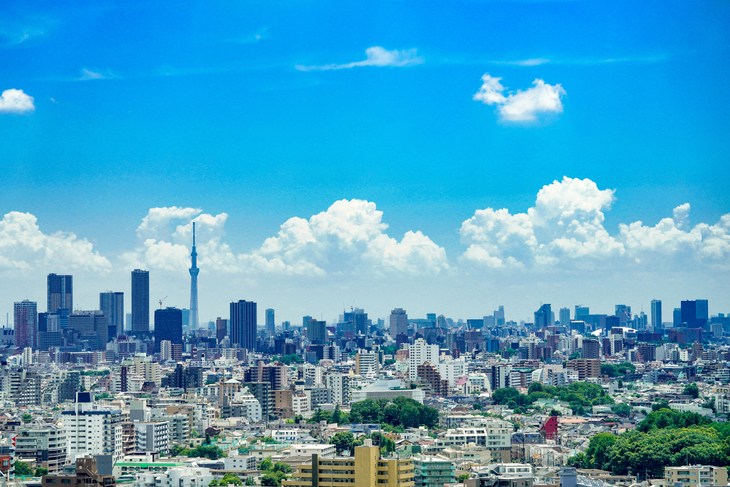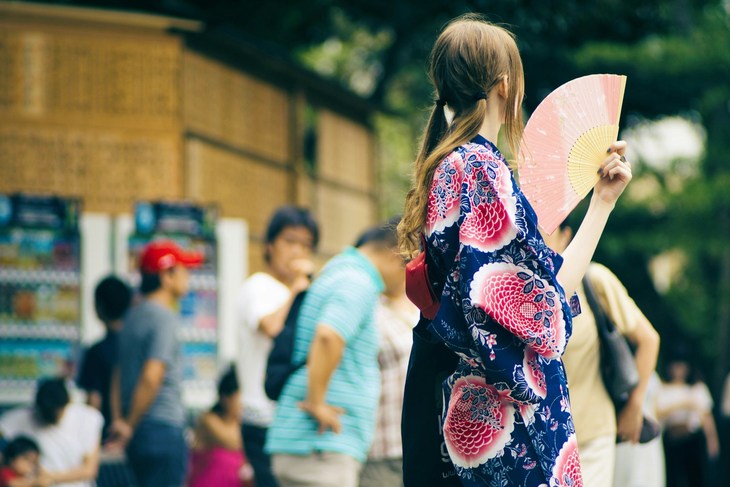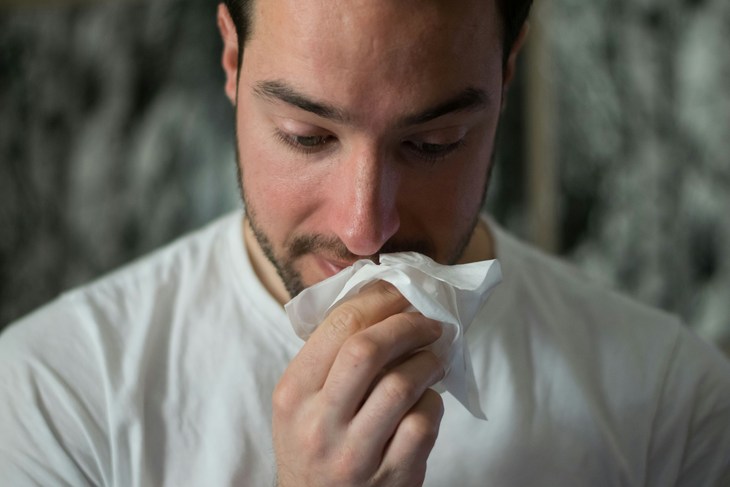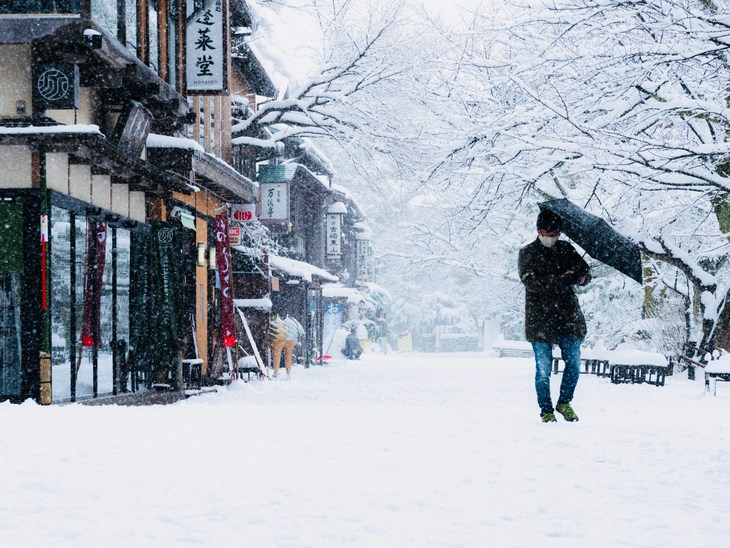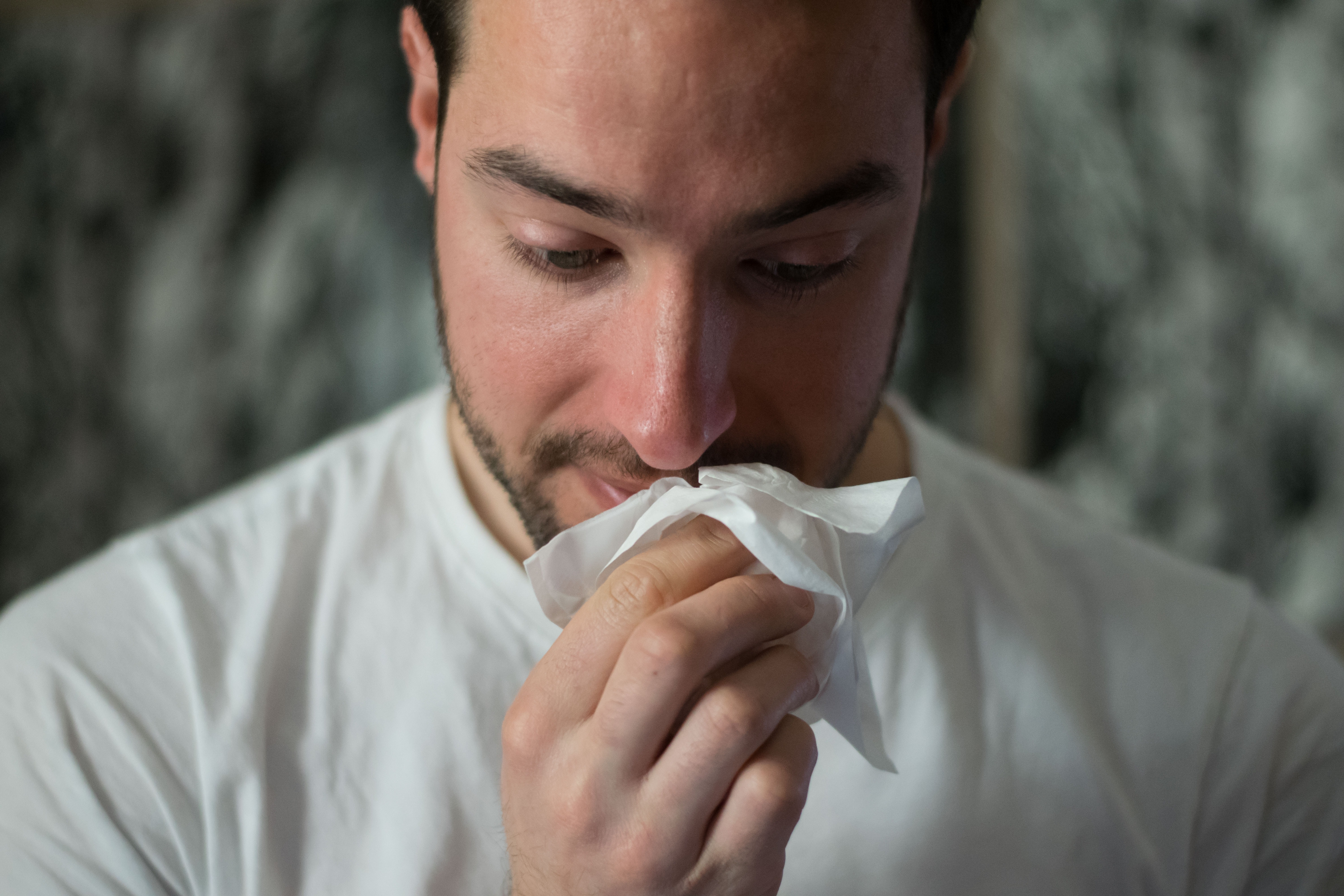Staying Healthy in the Summer in Japan
Summer is a fun-filled time of year in Japan, with beaches, summer festivals, fireworks shows, and more to visit during this season. But the intense heat and humidity can take a toll on your health if you're not careful. From heatstroke risks to summer colds, here's your complete guide to summer health in Japan.
Understanding Heatstroke
High temperatures and humidity impede the body's ability to cool itself, leading to a dangerous rise in body temperature. In Japan's hot and humid summer, this is one of the most common health issues people face. Japan uses a system called the Wet-Bulb Globe Temperature system to determine the risk of heatstroke. Alerts begin at 28°C (high risk), increase at 33°C (very high), and reach emergency levels at 35°C. When these levels are reached, people are advised to limit outdoor activity and take precautions.
How to Prevent Heatstroke in Japan
-
Hydrate Often: Drink water or sports drinks regularly, even if you don't feel thirsty. Electrolyte drinks help replenish salts lost through sweat.
-
Avoid Overheating: Use air conditioning and fans indoors. Outdoors, wear light, breathable clothing and seek shade. Wide-brimmed hats or parasols can help reduce direct sun exposure.
-
Cool Your Body: Apply cold towels or ice packs to your neck, armpits, or groin. Cooling scarves or mist sprays also help bring down your body temperature.
-
Acclimate Slowly: Gradually adjust to the heat by doing light exercise before summer peaks. Try not to spend all your time in cold air-conditioned rooms.
-
Check Heat Alerts: Monitor WBGT levels through apps or local news. Plan outdoor activities accordingly.
-
Watch Over Vulnerable Individuals: Children, the elderly, pregnant people, and those with medical conditions are at greater risk. Make sure they stay cool and hydrated.
Other Summer Health Concerns in Japan
・Summer Fatigue (Natsubate)
Caused by high humidity and temperature changes between indoors and outdoors. Symptoms include fatigue, insomnia, poor appetite, and irritability. To avoid it, eat light meals with seasonal ingredients, stay hydrated, and get enough rest.
・Food Poisoning
Since the temperatures are higher, food spoiling is more common if not handled properly, which can lead to food poisoning. Wash hands and utensils carefully. Avoid eating food that's been left out or improperly stored.
・Heat Rash (Asemôji / Natsumure)
Red, itchy rashes caused by excessive sweating. To avoid it, wear breathable clothes, use medicated powder or cream, and shower often.
・Mosquito Bites and Dengue Fever
Mosquitoes are active in summer, especially near water. To avoid bug bites, use insect repellent, wear long sleeves, and avoid standing water. Though rare, Japan occasionally sees imported cases of dengue, so if you suddenly have a high fever and muscle/joint pain after being bitten, seek medical attention quickly.
・Summer Colds (Natsukaze)
Overuse of air conditioning and rapid temperature changes can cause cold-like symptoms. To avoid this, keep indoor temperatures around 26-28°C and bring a light jacket when going into cold buildings.
Nutrients & Remedies to Keep You Healthy This Summer
To avoid heatstroke, proper nutrition is vital. Here are some recommendations for nutrients you should get enough of in the summer in Japan.
Electrolytes, such as sodium and potassium, are important to replenish in the summer since they are lost through sweating. Foods like natto (fermented soybeans), bananas, and umeboshi (pickled plums) can help you replenish your electrolytes.
Vitamin B1 is another important nutrient to include in your summer diet, since it helps with energy production and recovery from fatigue. Pork and salmon are great sources of Vitamin B1, as are natto and Japanese pickles.
Protein supports immune function and energy. Found in tofu, eggs, fish, and lean meats.
Citrus and sour foods stimulate appetite and aid digestion. Try dishes with yuzu, vinegar, or sudachi.
・Medicines to Take if You Get Sick
Worst case scenario, you'll need medicine. We've put together a list of the best cold medicines in Japan for both adults and children. If you or a family member gets sick, check out the article below to help you find the right medicine to feel better.
Extra Tips to Stay Safe and Comfortable in Japanese Summer
・Use Air Conditioning Wisely
Keep your AC between 26-28°C (78-82°F) to prevent both overheating and catching a summer cold. Also, use a fan to circulate air and avoid sitting directly in front of cold air. Important: If you're traveling, check if your accommodation has AC--many budget hotels or old apartments may not.
・Carry Summer Essentials
Always bring these with you: a folding fan (uchiwa or sensu) or a mini portable fan, cooling wipes or sheet packs, UV protection like sunscreen, sunglasses, a hat or parasol, and a water bottle or sports drink.
You can find all of these at 100-yen shops, convenience stores, or drugstores.
・Monitor Local Weather & Alerts
Japan's summer weather changes quickly. Use apps or websites like: Japan Meteorological Agency (JMA) for heat alerts, Yahoo! Weather or NHK News app for real-time updates, and 熱中症警戒アラート (Heatstroke Alerts) for WBGT levels.
・Know Where to Get Medical Help
If you feel unwell, visit a drugstore (ドラッグストア) for over-the-counter medicine. For serious symptoms, go to a clinic (クリニック) or hospital (病院). Check if the location offers English-speaking support. Apps like Japan Hospital Guide or Medical Translator can help.
You shouldn't be afraid to get outside this summer. After all, there are so many fun things to do in Japan this time of year. But if you do go out, just be sure to take the necessary precautions so that you and your family can stay healthy and safe.














